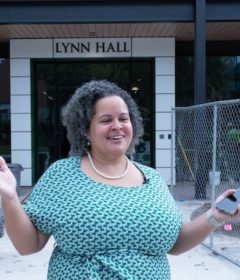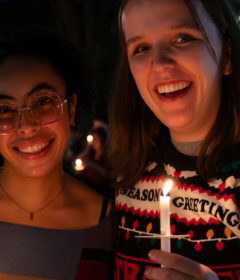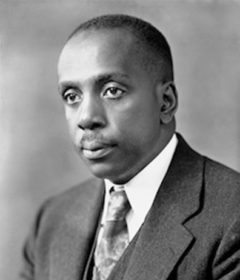‘Institutional Neutrality’ Brings Open Dialogue, Lively Discussion on Campus

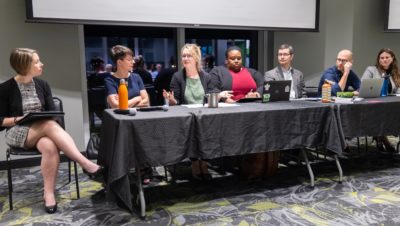
What is institutional neutrality, and what does it mean to Stetson?
On Tuesday, Feb. 4, that question and many others took center stage as Stetson’s Free Inquiry & Expression and the Future of Democracy Series continued to explore timely and pressing topics during the spring semester. This event, titled “A Panel on Institutional Neutrality,” was held in the Rinker Welcome Center’s Lynn Presentation Room and supported in part by the University of Chicago’s Forum for Free Inquiry and Expression.
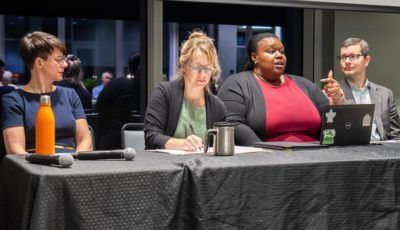
Students, faculty and staff attended to hear the open dialogue and lively discussion, headlined by a panel that included Carmen B. Johnson, Esq., Stetson’s executive officer for Institutional Inclusive Excellence; Associate Dean Melinda Hall, PhD; associate professors Mike Eskenazi, PhD, and Mayhill Fowler, PhD; Dean of the duPont-Ball Library Katy Webb, and Center for Civic and Community Engagement Director Kevin Winchell. Provost Elizabeth Skomp, PhD, was the moderator.
The concept of whether an institution should or should not take a stand on contemporary societal and political issues was first formally explored in the Kalven Report — the initial document that set out principles of institutional neutrality — produced in 1967 at the University of Chicago. The report’s central conclusion was that neutrality is necessary to maintain a university’s fidelity to its core mission: “the discovery, improvement and dissemination of knowledge.”
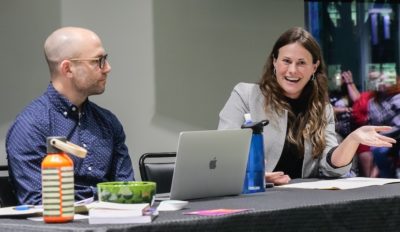
Stetson, as noted by Skomp, has long been committed to free expression and formalized its position in spring 2019, when faculty and staff from across the university — in DeLand and at the College of Law in Gulfport — drafted a statement of principles of free expression, which was approved by the university’s Board of Trustees.
In turn, based on the strength of that statement, the 32-member Independent Colleges and Universities of Florida (which includes Stetson) has utilized the statement as a model. Additionally, last summer Stetson participated by invitation in the inaugural Academic Freedom Institute at the University of Chicago.
So, what about institutional neutrality?
The panelists shared their views while also delving into an assortment of nuances that revealed the topic’s complexities. From the audience, even university President Christopher F. Roellke, PhD, shared his thoughts and posed additional questions.
In the end, few singular answers emerged. Just as designed, however, the event brought open dialogue, multiple perspectives and ample space for continued engagement from all corners of the Stetson community.

